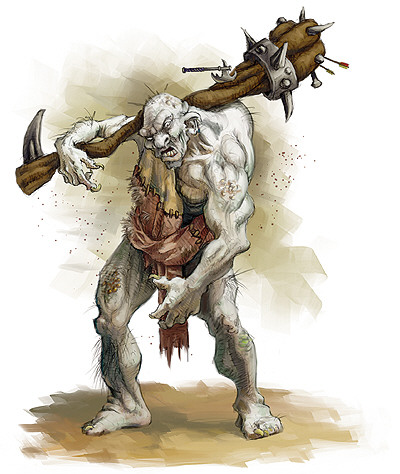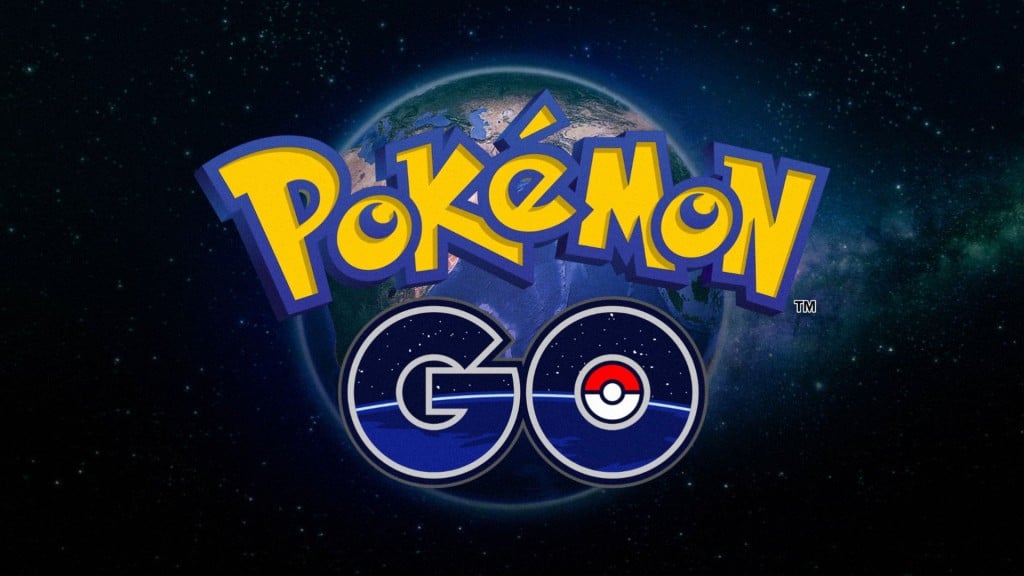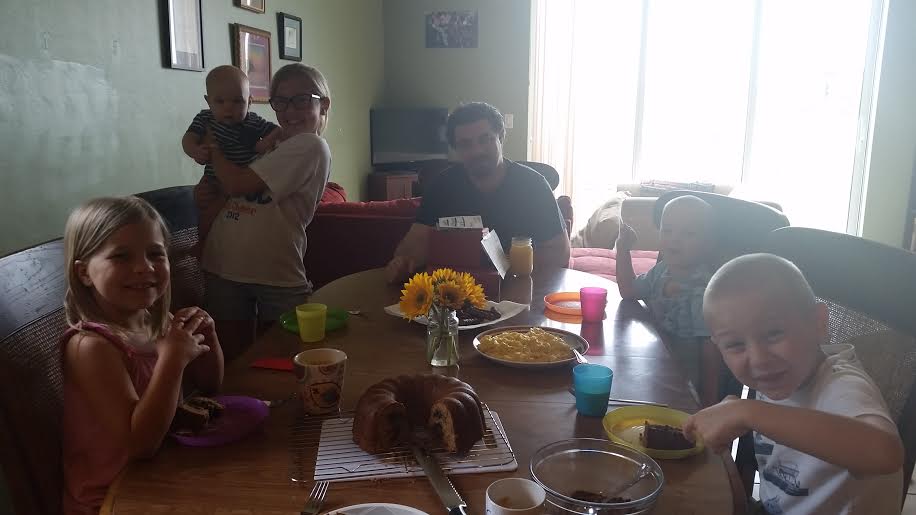When Sienna was a week old, I had to take her to the pediatrician to get her PKU screen.
It was my first solo trip with the baby, and the logistics were overwhelming. It took two hours to get ready for the 5 minute drive, because after getting myself ready, there was the baby to think about.
I nursed her thoroughly, then changed her diaper and gingerly began to change her clothes. She seemed so fragile and I was terrified I’d break her, so changing her from a mittened nightgown into a soft, snuggly, long-sleeved, footed onesie with a thousand microscopic buttons took a solid twenty minutes. But at last I had gotten each button properly buttoned, put her matching hat on her head, and buckled her securely into her car seat. I was just grabbing my coffee and purse when she let out one piercing scream, followed by the loudest fart I’d ever heard come out of a human being.
Of course, there was poop everywhere. I unbuckled her, cleaned the car seat, stripped and cleaned her, dashed upstairs for a new (not nearly as cute) outfit and hat, got her dressed slightly more swiftly but with no less trepidation, draped burp cloths over the wet fabric of the car seat, settled her on top of them, and buckled her back in.
By this time she was, of course, starving, but we were already late. I raced to the car – forgetting my coffee – and drove badly, too fast and too frantic, my reflexes getting more erratic as her cries became wails, then screams.
When we finally walked into the doctor’s office, I was a wreck. Sienna had spit up in my hair as I carried her upstairs, I was shaky from nerves and nursing a headache from lack of caffeine, and I realized as soon as I walked in the door that I had left my insurance card where I had carefully placed it this morning, so I wouldn’t forget it – right next to my coffee.
It wasn’t until the end of the appointment, though, that the full weight of the morning hit me. The doctor was going over the schedule of the upcoming appointments for the baby, and I actually said, “I can’t do this.”
The doctor stopped and said, “I don’t understand, what do you mean, you can’t do this?”
I bit my lip and shook my head and said, “no, sorry, never mind. It just — it just sounds like so much, so many appointments. Is this all it’s going to be from now on, just appointments and diapers and car seats and nursing?”
The doctor must have heard the desperation in my voice, because she didn’t scoff at me or scold me outright. She just said, “yes, but only for a while. She’ll grow up and need less appointments, but these early ones are vital and you must make sure she’s here.”
Ashamed, I looked down and mumbled my assent, then gathered up the baby and her entourage of equipment and stumbled back down to my car.
As I walked out into the sunlight, I felt the weight of utter bleakness pressing down on me. My new life, my life as a mom, seemed to stretch out into gray drudgery forever, for every day of the rest of my life. It would always be this way, now. Every second would be orchestrated around this baby, every day would hinge on her needs and wants, and I, while doing all the work, would at the same time be forgotten, swept away. Everything I was or had been, all my hopes and dreams, likes and dislikes, desires, even needs, would be subsumed under the life of my daughter. I felt myself being erased by the sheer necessity of her existence, and I didn’t want to go.
I remembered that day, and that feeling, when I read a post by my friend Kacy yesterday.
Since Wilson arrived, I have been seriously struggling. I’ve wanted to throw in the towel multiple times, pack my bag, and move to Canada. I just can’t seem to get it right. I can’t seem to please my husband and be the wife he needs me to be. I can’t seem to get my son to stop screaming when we go anywhere that’s not our home. I can’t seem to be a good friend, sister, or daughter. I’m constantly pulled in multiple directions and I feel under so much pressure to get it right.
And I don’t even know what “right” is!
Gosh, that first baby is so hard. It is by far the hardest thing I’ve ever done, and that first year of motherhood is the hardest time I’ve ever lived through. Angry Lincoln was nothing compared to that first year. I could have ten more kids, and still the hardest day of fifteen kids needing things from me would not be as hard as that first year, with that first baby.
There is no shock as great as the shock of motherhood. I’m firmly convinced that nothing can prepare you for how hard it is to have another person’s needs take priority over your own, 24 hours a day, 7 days a week, eternally. It doesn’t end up being like that in reality — in reality, little bits of your life, of yourself, come back as the baby gets older and you get used to it — but there’s no way to tell a new mom that it won’t always be like that. They can’t imagine at time when it won’t be like this, and the truth is, it’ll never go back to the way it was before.
Michael Novak wrote a post this summer about young women facing unplanned pregnancy that has been haunting me.
To such women, having an unplanned child “represents a threat so great to modern women that it is perceived as the equivalent to a ‘death of self.’” This reaction may be emotional and subconscious, but it generates a feeling that one’s life is over.
Swope explains that this is because many young women have developed an intensely narrow vision of their own identity: “going through college, getting a degree, obtaining a good job, even getting married someday.” The sudden intrusion of motherhood afflicts them as “a complete loss of control over their present and future selves. It shatters the sense of who they are and will become, and thereby paralyzes their ability to think.”
I agree 100% with what seems, for many, to be a stunning revelation: that women in crisis pregnancies are not sociopath monsters who would rather murder their baby than give up the good life, but that they are, actually, women in crisis, facing the unparalleled decision to sacrifice their life for their baby, or to sacrifice their baby for their life. I know that’s what it’s like because I was one.
It’s easy enough to stand on the sidelines and say, “what kind of monster wouldn’t give their life for their own child?”, but it’s really hard to do. Because contrary to what Michael Novak implies, it’s not just a perceived sacrifice.
It doesn’t just seem like our lives will be over because we have “an intensely narrow vision” of our own identity. Our lives actually do end, in many ways, when we become mothers. It’s the end of one life, the only life we’d ever known, and the beginning of another, and it’s at least as terrifying as being born must be. Maybe more so, because we’re cognizant of what’s happening, and we know that what is now required is the hardest thing of all — to lay down our life for someone else.
It’s not done in a white blaze of martyrdom, either. That might be easier. It’s done slowly, in a million different moments on a million different days. With every choice to feed the baby before ourselves, to rock her to sleep before we pee, to drink coffee at noon instead of nine because she has colic and is only happy while we walk her in laps around the house, we die a little bit. Who we were dies a little death, a little more each day.
It’s true that someone better is born from the ashes — someone more loving, more patient, wiser, less selfish, and closer to Christ. But that doesn’t change the fact that who we were, and who we thought we would become, is still dying. We still have to let go of ourselves in a real, visceral, and painful way.
The first year of motherhood is the first year of that death, and it’s the hardest. The choices I would later make without thinking, without bitterness or any sense of sacrifice, were wrested from me by force in that first year. Every diaper, every late night, every resentful buckling and unbuckling of the car seat felt like a punishment. It felt like an insult that my husband could go to class while I had to nurse the baby, that he could write papers and read poetry while I had to wipe a bottom and clean up spit-up. I didn’t want to do any of it, and I only did it because I had to.
I hardly know that girl now, although I still remember how much it hurt to let go of her, with her dreams of an MFA and the endless poems she’d scribble in the margins of everything. I don’t write poetry anymore, and that makes me sad. But I have four beautiful children, living poems, walking, talking, breathing hymns of gratitude and wonder, and I’m writing another in my womb right now. If I had to go back and make the choice again, I would make the same one. I’d choose the suffering and the death of one self for the birth of another, and five more beautiful than I could have imagined.
But I wouldn’t lie to myself either, and pretend it doesn’t hurt, that it won’t feel like dying, that that death won’t, in some ways, be real. It will be. It is. It’s the cost of bringing forth life.
“It is always a matter, my darling,
Of life or death, as I had forgotten. I wish
What I wished you before, but harder.”
-Richard Wilbur, “The Writer”











